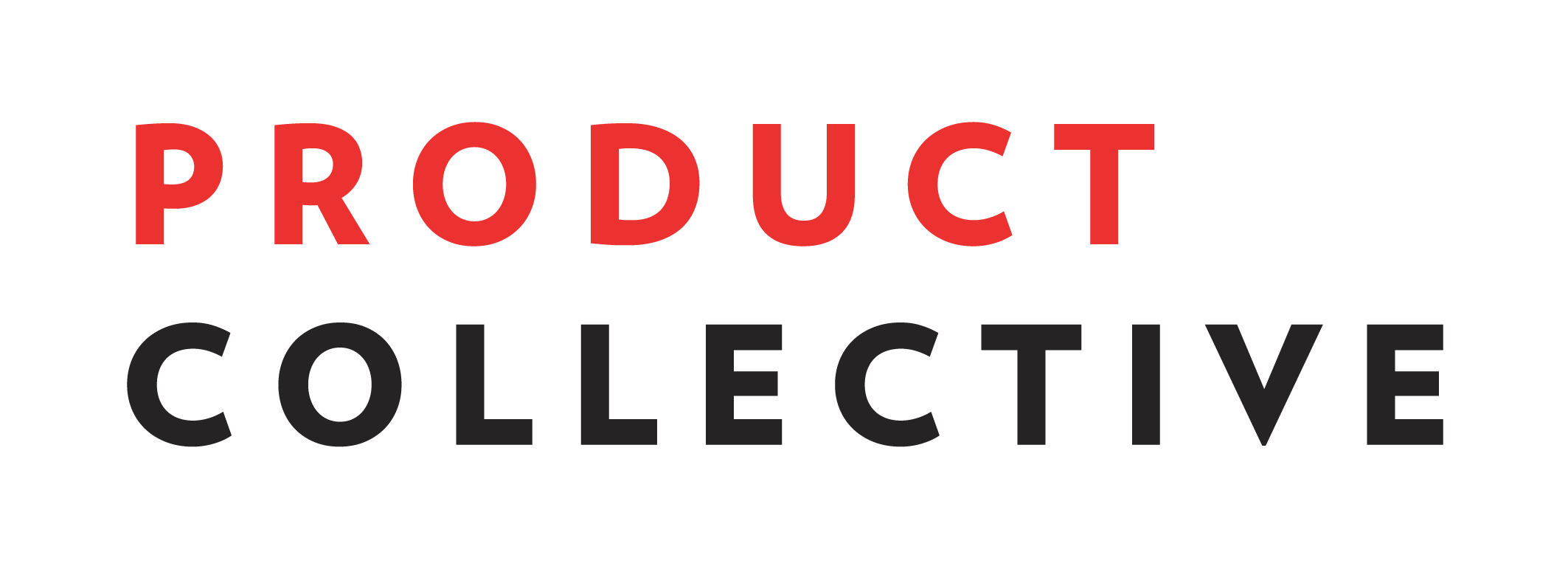The following insights were gleaned from a presentation at INDUSTRY given by Ryan Singer of Basecamp (@RJS). Download Product Management TACTICS eBook for more.
Basecamp has a reputation of not only being one of the most respected product-driven SaaS businesses, but also a company that tends to challenge the status quo within the tech world. Basecamp has its own way of doing things to consistently hit deadlines and ship major improvements to their massive customer base — which includes how it defines projects, tracks uncertainty, stays focused, and handles difficult decisions along the way.
Before starting a project: Sketch up a plan before a plan before assigning any resources to a project. By having a basic framework, your team can make accurate presumptions. Break up work to make the tasks easier to accomplish. Treat a high level plan like a cut of meat. Some parts of the work are interconnected, but many operate independently. By “slicing” the bigger project into scopes, the team can prioritize the more important tasks. Decide what matters: not every scope should be treated equally.
On Problem Solving: Solving problems is much more important than completing tasks. When there are unknowns, that can create more bottlenecks down the line. By spotting unknowns early on, Singer and his team can adjust their plans to figure out those mysteries. But unknowns don’t work on schedule. They can block your progress. Once the unknowns are known, completing each task will become much easier.
As teams tackle the various scopes of work, ensure the design and programming are completed before calling it fully done. By having the cross-functional tasks visible for each scope, it’s easy to see what really needs to be done.
Like most product teams, though, you’re likely at some point to get stuck. The tricky thing is that it is often hard to know if work is stuck. Everyone wants to convince you that they’re good at their job. A good tool will allow a project manager to see what’s falling behind and have the right conversations to fix it. Consider using a hill chart with the left side of the hill showing when things are unknown and the right side shows when things are known. Once you’re over the crest, everything becomes easier. Empower your team to find ways to tackle unknowns together. That means allowing one task to miss its deadline in order to solve unknowns before moving forward with everything else.
To view Ryan’s full presentation, visit: https://productcollective.com/basecamp-runs-business-w-ryan-singer-industry-europe-2018/


